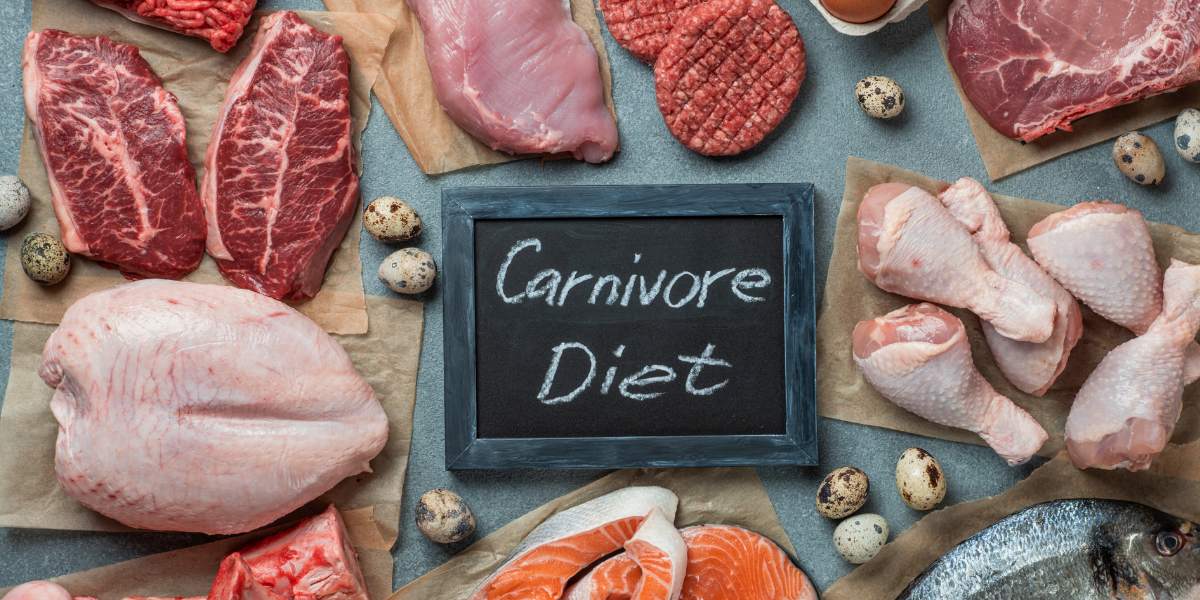The risk of developing cancer could be reduced by 14 per cent by following a vegetarian or vegan diet, a study has suggested.
A team of researchers from the University of Oxford examined data from almost half a million people over an average of 11 years, to explore the possible link between diet and cancer risk.
Just over 50% of participants ate meat more than five times a week; 44% ate meat five times a week or less; 2% ate fish but not meat; and 2% were vegan or vegetarian.
- Study indicates vegan diet impacts metabolism in children
- Study finds vegans are more likely to break bones
Out of all the participants, 12% – nearly 55,000 people – developed cancer during the period of the study. The researchers’ key findings, when looking at participants’ overall cancer risk compared to those who ate meat more than five times per week, included:
- The risk was 2% lower among those who ate meat five times or less per week
- The risk was 10% lower among those who ate fish but not meat
- The risk was 14% lower among vegetarians and vegans.
In terms of specific cancers, those who ate meat five times or less per week reduced their risk of colorectal cancer by 9%. Prostate cancer risk was reduced by 20% among men who ate fish but not meat, while the risk was 31% lower among vegetarian men.
The researchers also highlighted that post-menopausal women on a vegetarian diet had an 18% lower risk of developing breast cancer, compared to people who ate meat more than five times a week. However, the team did note that this could be attributed to the fact that women who follow a vegetarian diet generally have a lower BMI.
The study authors warned that the study is limited in its ability to find a causal relationship between diet and cancer risk, due to its observational nature. They called for more research into the impact of meat-free or reduced meat diets on individual cancers.
The study has been published in BMC Medicine.





